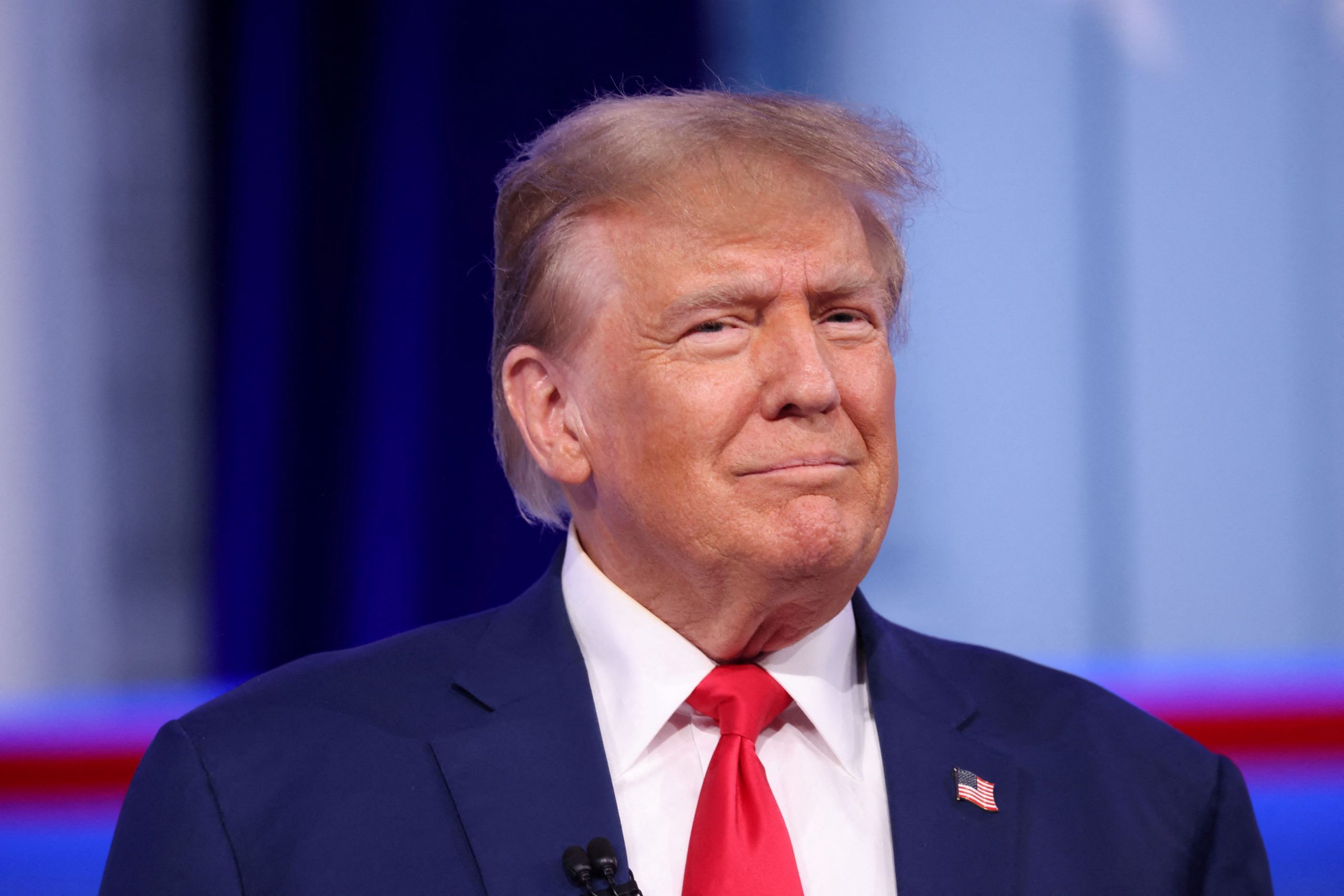Former U.S President Donald Trump might be thousands of miles away from the modest picturesque ski resort of Davos in Switzerland, which came to fame when the world’s political and economic power players started gathering at the annual World Economic Forum, but even in his absence, he is still felt among the global elite, as concerns are palpable that the Republican frontrunner for the 2024 U.S. elections might win a second term in the White House.
The World Economic Forum’s Annual Meeting started today, January 15, and is scheduled to last till January 19 2024.
Donal Trump was the last U.S. President to mingle with the Davos crowd gathering at the Swiss resort when he arrived four years ago in ostentatious style with his entourage landing in a squadron of helicopters.
However, Trump, who is comfortably leading his rivals in the Republican primaries for the party nomination ahead of the November Presidential Elections, and appears to be polling neck and neck with Democratic incumbent President Joe Biden, is still a popular topic of discussion aming Davos paticipants.
“We have been to Davos before, and we have survived, so we’ll see what our presence means this year,” said BlackRock Vice Chairman Philipp Hildebrand in an interview on Bloomberg TV.
The former President of the Swiss National Bank echoed the sentiment of European Central Bank President Christine Lagarde, who, last week, in unusually forthright language for a central banker, stated that another term for Trump would clearly “pose a threat.”
Former US Vice President Al Gore is no stranger to political shifts, as he came very close to becoming president almost a quarter of a century ago. These days, he is more known as a climate activist. However, he shared his reservations about the assumption that Trump is an inevitability, even as a Republican candidate.
Trump is seen as an outright isolationist and a “threat” by global decision-makers to collective global actions. In 2017, President Trump pulled the US out of the Paris Climate Accord – an initiative the WEF has invested heavily in to reverse climate change effects – arguing the agreement was a pernicious threat to the economy and American sovereignty. This decision was reversed by President Biden who signed the instrument to bring the United States back into the Paris Agreement in his first days in office in 2020.



